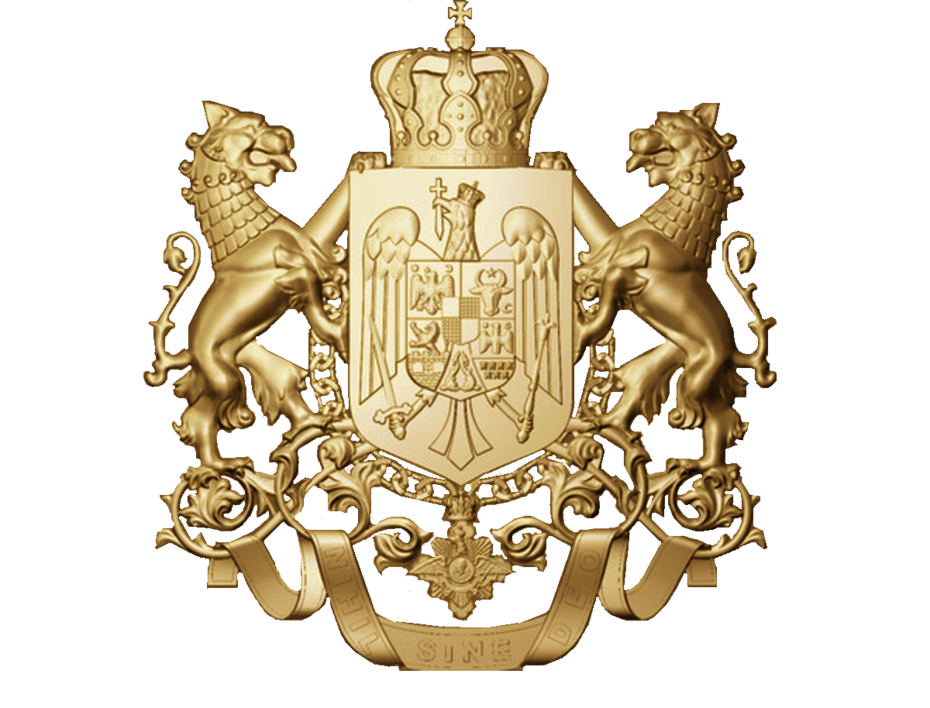“King Michael I” by Keith Hitchins
 The role that King Michael played in one of the most crucial moments in the history of Romania in the 20th century –the Second World War and the years immediately afterwards– have naturally drawn my attention as a historian of Romania’s place in Europe. This period, between 1940 and 1947, may be seen as an episode in the contest of long-standing over Romania’s adherence to the West or the East. King Michael found himself on his accession to the throne in 1940 in the midst of a momentous struggle among the great powers to be supreme on the continent and, in particular, to gain dominance in Central and Southeastern Europe. It was a fateful time when the very existence of Romania was at stake. In the west the two powers –France and Great Britain—which were the chief guarantors of the Versailles Peace and thus had responsibility for defending the Greater Romania that had emerged from the First World War, had been defeated, and the continent lay under the control of Germany. Then, in 1941, Marshal Ion Antonescu, who had come to power in September 1940 and a little later had established a military dictatorship, led Romania into war against the Soviet Union alongside Germany. King Michael had little power to change the course of events. But as long as the war lasted he stood as an admirable symbol of constitutional government and of modern Romania’s traditional commitment to Western ideals of government and law. He fulfilled his duties as a constitutional monarch, and at the same time in subtle ways he made known his attachment to Western values. What stands out in my mind are films of his visits to American and British prisoner-of-war camps in Romania during the war. These were, to be sure, official visits, and both parties observed the requisite protocol, but I do not think I exaggerate the sense of the moment when I say that the King showed evident sympathy for his audience. King Michael’s understanding of his constitutional role, his conception of the model that Romania as a sovereign state should emulate were manifest in the actions he took in August 1944 to reverse the course initiated in 1940. That meant restoring his country’s traditional place in Europe as an ally of the West and returning Romania to the path of parliamentary, democratic government. He thus returned to the goals that his great uncle, King Carol I, the founder of the Dynasty, and his son and successor, King Ferdinand I, had pursued. King Michael did not hesitate to make the dramatic turn the critical times demanded. He placed himself at the head of all those who opposed the path their country had been forced to take, and together they overthrew the dictatorship and joined forces with the Allies to bring the war to a successful conclusion. King Michael’s commitment to the long-term course Romania had embarked upon in the first half of the 19th century, that is, accommodation to Western political and economic models and assimilation of cultural and intellectual values, was sorely tested in the post-war years. He was confronted by implacable foes of Western models of development –the Romanian Communist Party and its patron the Soviet Union, whose armies occupied the country. He maintained a high sense of purpose against the mounting adversity at home and the failure of Romania’s friends from outside, the United States and Britain, to oppose a new and extreme form of dictatorship. As he stood increasingly alone his struggle took on the character of tragedy. In the end, his steadfastness on behalf of Western values was overwhelmed by force from the East. His departure from Romania at the end of December 1947 therefore represented the subjection of the country to the Soviet model of development. At a more profound level it marked the end of an era in Romanian history that had begun with the loosening of ties to the East and an opening to the West. Almost half a century later, in a new time of uncertainty about the path to be taken, King Michael returned to his country. He stood again as a foundation stone of constitutional stability, and he fostered again all those values and expectations that had made Romania a part of Europe. This article represents Professor Keith Hitchins’ contribution to “The King’s World”, a book pubished by Polirom Publishing in Romania, 2011, on the occasion of the 90th birthday of King Michael I |





Pentru a putea trimite un comentariu, trebuie sa bifați "Am citit și sunt de acord cu Politica de confidențialitate"